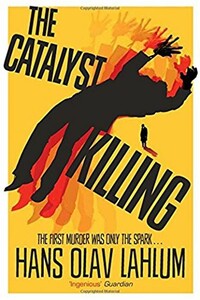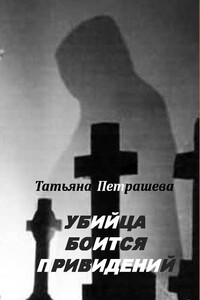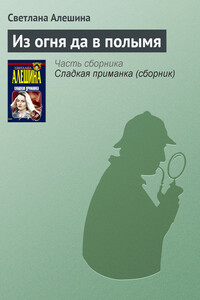Satellite People | страница 119
Maja Karstensen was not the quickest of people and perhaps never had been. But I suspected that for most of her life she had been one of the kindest. Her voice was still gentle when she continued.
‘It was quite obvious that Arild did lose his mind. When he was released from prison he came back home and his mother looked after him as best she could. She had little time for anything else. He was never really himself again. At any time of the day or night he would suddenly start to rant and rave about the murder; he said so many strange things, even when he had not touched a drop. His mother left the flat to him before she died in 1955. She thought that his brother and sister could manage fine on their own without it. But they didn’t like that at all, did they? So he was left completely on his own after the death of his mother.’
Maja Karstensen took another short pause. Suddenly her gaze fled out of the window, over the back fence. In a strange way, this grey-haired woman reminded me in that moment of the national football player I had met earlier in the day.
‘I gave my own sons to Norway and the sea, and neither Norway nor the sea gave them back. The elder one was on a boat that was torpedoed, and drowned somewhere near Shetland on 5 April 1944. I was informed of it in a letter that I received one day after the war, when I still hoped that he would come back. My younger son was on a ship that sank in the Pacific, and after seven days at sea in a lifeboat he finally managed to swim ashore to Australia. He wrote to me that he would never dare venture out onto the water again. So he stayed there, on the other side of the world, and is still there today, as far as I know. I still send letters to his old address at Christmas and Easter, but the last reply I got was for Christmas in 1953. So after my friend died, I ended up looking after her son. It was not always easy, believe me. For many years he was unbearable when he was drunk, and very depressed when he wasn’t.’
I nodded in sympathy. It was easy enough to imagine. Maja Karstensen had escaped her own loneliness by continuing in her best friend’s orbit around her sick son.
Arild Bratberg’s life was clearly a terrible tragedy. But I did not feel that I was any closer to solving the murder mysteries from 1969 – until Maja Karstensen suddenly uttered a couple of short, but very intriguing sentences.
‘Despite being ill, Arild seemed to be calmer in the final few months of his life. I suppose it was in part because he realized that he was going to die and accepted it. And perhaps, more importantly, he had finally met a couple of people who seemed to believe him.’




